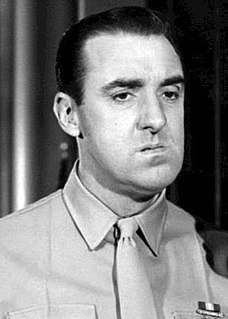Цитата Шелли Фабарес
Пришлось делать полную пересадку печени.
Темы цитат
Связанные цитаты
Когда мы думаем о трансплантации от живого донора, мы делаем ставку на способность печени к регенерации. Это не тот вид регенерации, о котором мы думаем в случае с морской звездой, когда мы отрезаем руку, и у нее вырастает новая рука. Что происходит с печенью, так это то, что оставшаяся печень становится больше, и ваше тело знает размер печени, который ему нужен, и когда оно распознает, что печени недостаточно, оно посылает питательные вещества и сигналы в печень и говорит: «Увеличься». ."
Это год и несколько месяцев после трансплантации. До того, как я это сделал, мои врачи сказали мне, что это будет самая большая проблема, с которой мне когда-либо приходилось сталкиваться, и, поверь мне, когда они вынимают твою печень и помещают другую, это все равно, что заменить футбольный мяч в твоем желудке.
Почти все знают, что не хватает органов для всех тех пациентов, которым нужна трансплантация, и что происходит, так это то, что органы фактически направляются при трансплантации печени тем пациентам, которые наиболее больны. Таким образом, пациенты, у которых больше всего шансов умереть в ближайшие три месяца или около того, получают приоритет на трансплантацию печени.
Существует риск смерти, связанный с пожертвованием части печени. Риск смерти составляет примерно один к 500. Риск смерти при донорстве почки составляет примерно один к 3000, так что это более рискованная операция, чем донорство почки. Ставки обычно выше для реципиента трансплантата, потому что в отличие от почечной недостаточности, когда у вас есть аппарат для диализа, при печеночной недостаточности у нас нет такой машины, которая позволяет пациенту выжить, пока он не получит трупный орган.
Если бы у нас было достаточно трупных органов, мы бы не делали трансплантацию печени от живого донора, потому что, во-первых, мы не хотим подвергать донора риску, а во-вторых, это более сложная операция для реципиента, потому что вы получить кусок печени, а не целую печень. Восстановление занимает больше времени, и у него больше осложнений, связанных с тем, где мы сшиваем вместе кровеносные сосуды и желчные протоки.





























